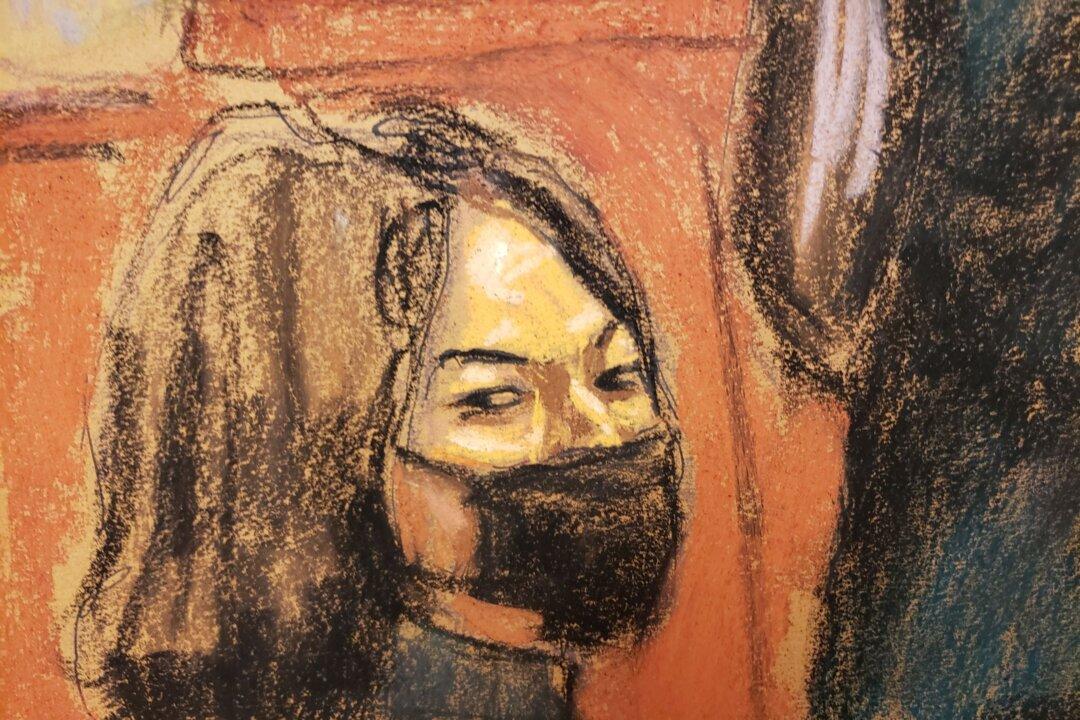Both the prosecution and the defense gave their closing arguments to the jury in Ghislaine Maxwell’s sex-trafficking trial in federal court on Dec. 20.
Speaking for the prosecution, attorney Alison Moe addressed the jury for more than two hours.

Both the prosecution and the defense gave their closing arguments to the jury in Ghislaine Maxwell’s sex-trafficking trial in federal court on Dec. 20.
Speaking for the prosecution, attorney Alison Moe addressed the jury for more than two hours.